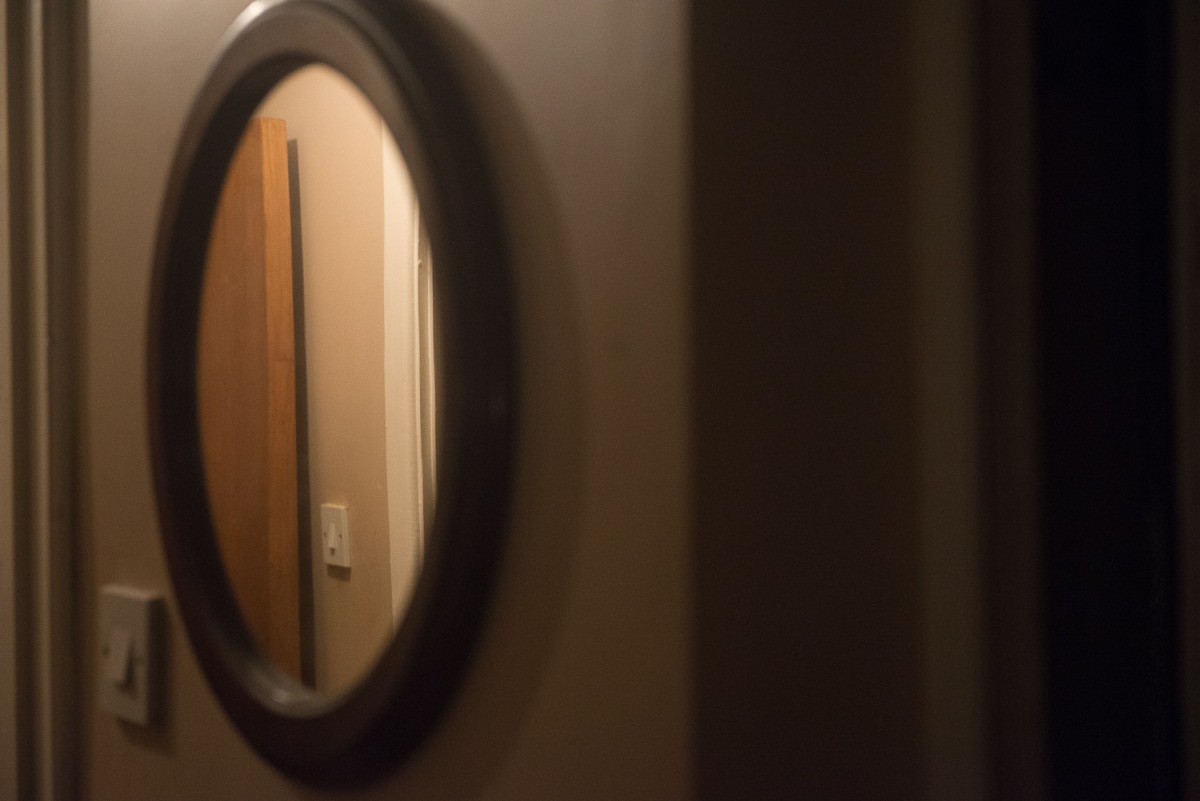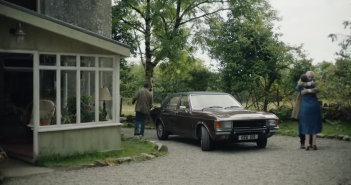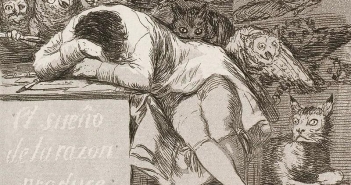No beast so fierce but knows some touch of pity, but I know none, therefore am no beast.
William Shakespeare, Richard III
I anticipated the takeover of the vast majority of the publishing industry by fourth or fifth-wave feminism. It has been in the mix for five years or so, and it dominates this arena; and not just mainstream publishing, but most alternative avenues too, as far as I can see.
These mindsets want fluffiness. Cats. And Tote bags with witty slogans in an interesting font. There are writers whom they laud and publish; and their work, at best, to quote an agricultural analogy (Not just Beckett), is fair to middling.
Writers are reaffirmed by their agents et al and subsequently develop and own this logic of, ‘I am being published; therefore, I am good.’ But by whose metric? Your own? Qualitative? Profit and dross.
Many seem more interested in being revered as ‘a writer’ than creating Art. This is the cult of personality – a celebrity projection of the ultimate performer, different from the norm. They believe they are special. The core issue is, I believe, that the celebrity culture now at work in the book industry places an over-emphasis on persona and mythos as persona – a literary, bookish cult – whether it be hyped-up media or others, at the behest of Art.
One is reminded of the lines from Bukowski’s The Genuis of the Crowd, ‘Beware those who seek constant crowds; they are nothing alone’; and ‘Not being able to create Art, they will not understand Art’.
Peering into some of these marketed texts, I do not see a lot of literary merit among the prose. Pallid, wane, and an emotionally-led, safe register is my takeaway. More like Young Adult books than adult fiction. The age of banality is upon us.
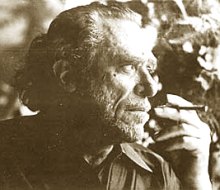
Charles Bukowski
Every sentence should fight for its place…
I suspect that this is part of a wider, individualistic desire, for fame, fortune, and glory. To be looked upon and admired. Put on a pedestal. To have the fine robes of a writer bestowed upon and wrapped around you. Speculated upon in your sartorial elegance.
I hear them on the radio and see them on the TV, these writers of ephemera, here one day, gone the next. Until the next one comes along.
It’s a Warholian, factory process of endless, emotionally-led drones pumping out emotionally-led, dry, grey mush. The sentences are short and adverbs are plentiful, John loves Trudie. Trudie really loathes John. Fred absolutely dislikes Stewart. Or, DCI Kelly DI Slater, investigates…
These novels are tumbling dice and have little or no truck with pushing the literary envelope. They lie prone on the racks and shelves in stores and in the minds of their reader. Would you not rather have something that inspires you to shout from the rooftops? I relate to this! This sentence here is bloody brilliant! Look, the prose is literally leaping off the page. It burns!
The reality that they fail to recognise this is disheartening.
When was the last time Middlemarch was talked about? Dickens? Sylvia Plath’s The Bell Jar?
To quote Howard Jacobson, ‘The problem isn’t with the novel, it is with the reader.’ In an age of frenetic online activity and electronic meandering there is a distinct lack of originality. A absence of creative juice. And a dearth of creative reading.
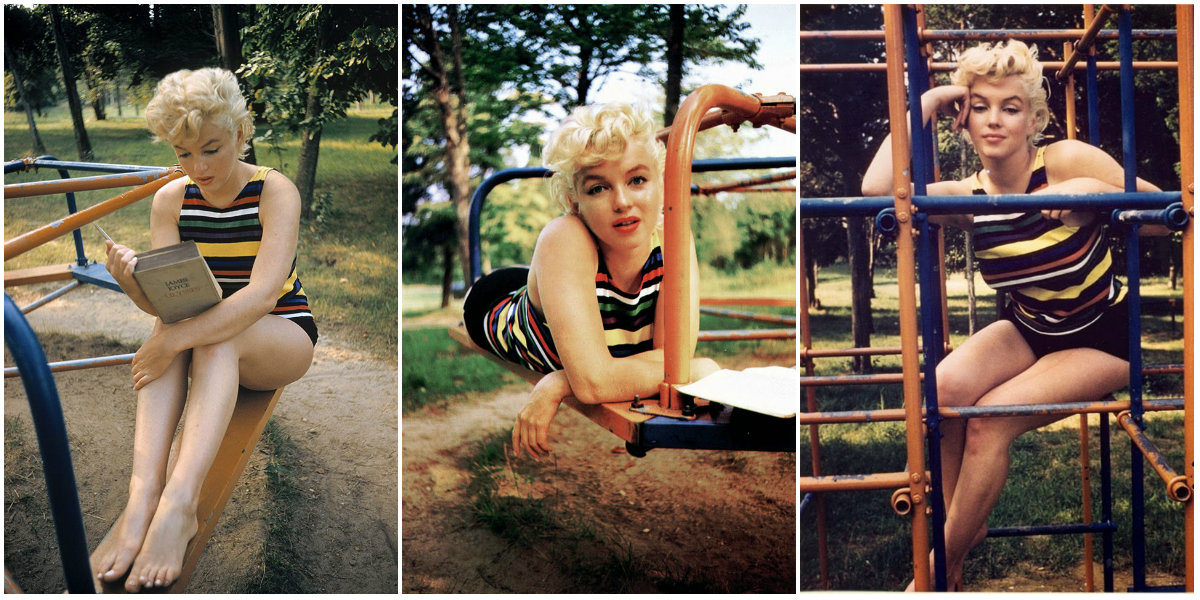
Challenging books…
Aspersions cast on, for example, James Joyce’s Ulysses, which many have not read, are immature, and rooted in a jealousy that the text holds a higher position in the literary pantheon than their offering(s). Disingenuous assaults are derived from manifest insecurity.
They scoff at bigger, therefore harder, and difficult – but they would not come it and say it – literary texts. Due to the social embarrassment that this may cause and what might be inferred. They do not like to be embarrassed socially. This has its roots in a more organic state of grace.
They do not desire to read ‘challenging’ books, preferring a certain reading homogeneity and inevitable selective stasis. They do not care for a rampant display of maleness. The kind of masculinity on show, say, in Henry Miller’s Tropic of Cancer is scorned and discredited. Man as Dog is the ravenously portrayed symbolism.
But freedom of expression should be allowed. Even in Miller’s canine-like, Parisian existence. If a man is de-fanged, de-barked, and thus emasculated, where is he to go? To be banished into exile? To become prohibited? Becoming chthonic beings like the Morlocks in H.G. Wells’s The Time Machine. Subterranean, knuckle-draggers whose jobs(s) are to fertilise and provide financial support. If that is even the case in these attitudes.
We are in an interesting meridian. I wonder would Tropic of Cancer be published today?
The demographic target for the marketers is predominately female, but it does not commandeer in totality and speak for all things literary.
Their mandate is revenue – at all costs. No matter if the book is well-written. If it has a plot, narration or thought-provoking, relatable characters. They are only interested in appeasing the god of Profit.
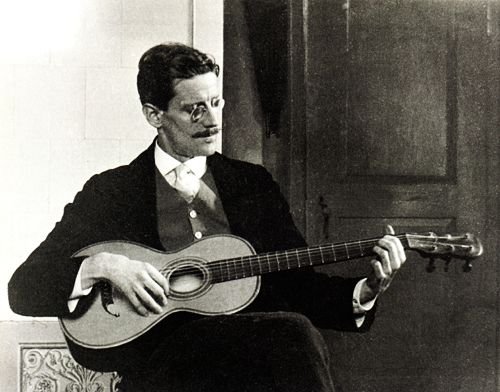
James Joyce 1882-1941.
Art and Persona
Entering a Joycean reverie of Leopold Bloom allowing ‘his bowels to ease themselves quietly as he read, reading still patiently that slight constipation of yesterday quite gone. Hope it’s not too big bring on piles again.’
In the proverbial outhouse, we recognises our shit stinks, like everyone else’s. Are you a writer at all times? In bed, a writer? Asleep, a writer? At stool a writer? Walking down the street?
I have to inform you that, you are not a cut above. Your Art should be your Art and you should stay the hell out of it, if it’s Art you are creating. You deny your organic, biological self but continually project the ideal that you are indeed a writer, and all must lay down prostrate before you and worship at your altar.
That is the central tenet here, the separation of one’s Art and persona; both are not one and the same. They are mutually exclusive. They should be de-compartmentalised. Art is an exposition; a creative process and it emerges predominantly from, boffins say, the right hemisphere of the brain.
It comes down onto the page and then it’s gone; albeit it remains as text. Except the marketers wants to conflate the two. Look at this Kurtz-like, mysterious figure, look at the chatter around them. If there is none, we will create it ourselves.
Beat those jungle rhythms. Not letting the work speak for itself. The vehicle of the plot. An ensemble cast of characters. Dialogue. You know, the three basics of the novel. The holy trinity.
Writing as surrogacy: a biological denial forfeited into writing projects and projections of the writing, literary mother who gives birth to ingenuity and creativity.
There is a certain emotional naiveté at work here.
Being noted as special is an inherent part of being desired to be seen as a writer. It locks into an awakening narcissism so succinctly.

Gatekeepers
As agents, they behave like Amazonian women and gatekeepers. If you do not play into their modal form(s), you will be truncated below the waist and stung with arrows.
I recently undertook a couple of counselling courses. On a Level 4 Diploma, in-house, I was the only male left in a classroom of a dozen or so females including the two female tutors. One of them, I believe, was a feminist and was going to put the squeeze to get rid of me, a male. She succeeded.
I believe there are other feminist cabals that spring up in offices and colleges and publishing houses, and if you don’t like cats and cutesy stuff, and you’re a manly man, with a hint of aggression, possibly, towards them, or unconsciously dominate with your masculinity, in any way, you are a danger. And will be ostracised.
It’s a form of sexism of course – in, on, their own terms. They circle their wagons. They have vested interests – their own cultish mentalities. Dance by firelight.
But what they forget is that if it were not for men, as writer and academic, Camille Paglia relayed: ‘If civilization had been left in female hands, we would still be living in grass huts.’
Paglia had it down too when she relayed that a lot of angry women who had been hurt by men were now in positions of power wanted revenge, and to make all men suffer because of their experiences.
A bit like Estella and Miss Havisham at the beginning of Great Expectations, who emasculate Pip and desire to see him become passive. They want masculinity to be humiliated, suffer, and become truncated below the belt. They want men to be their inferiors, servants, and in the end, inert eunuchs.
What a cadre of selfishness, rank hypocrisy, and flaccid tribalism.
This Jungian projection of man in the female mind as an unconscious symbol of taker, abuser, and destroyer is a possibility.
In Newton’s Third Law of Motion: for every action (force) in nature there is an equal and opposite reaction. If object A exerts a force on object B, object B also exerts an equal and opposite force on object A. In other words, forces result from interactions.
Men work in the dirt. They mix concrete. They lift and lay blocks. They raise buildings. They work on boats. Rigs. Implement dangerous jobs. Men write too. And some men write, craft, brilliantly. They should be respected. Not all men are dangerous predators. It is a dual thing. Let’s value compromise, equality and respect.
Feature Image: Daniele Idini

